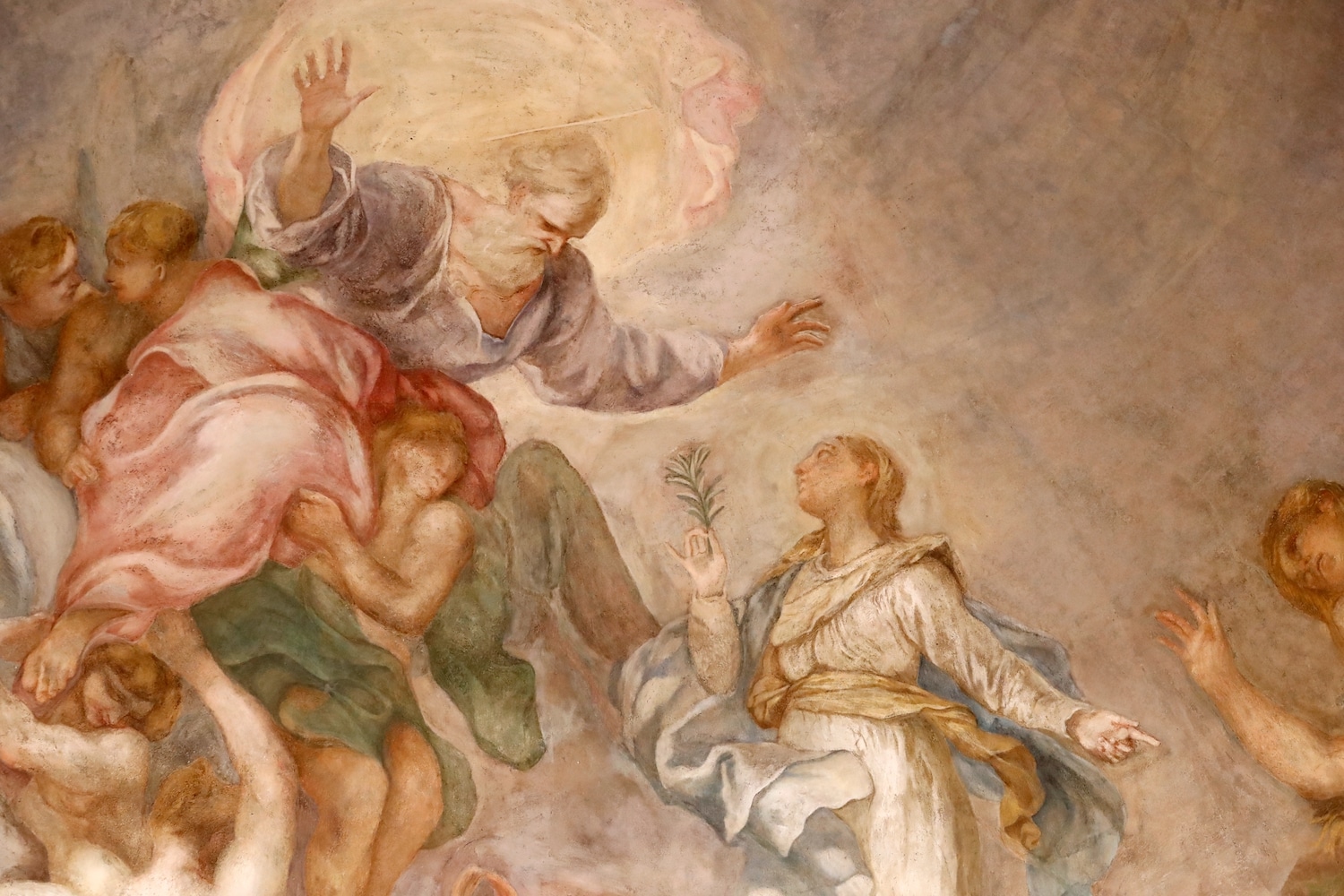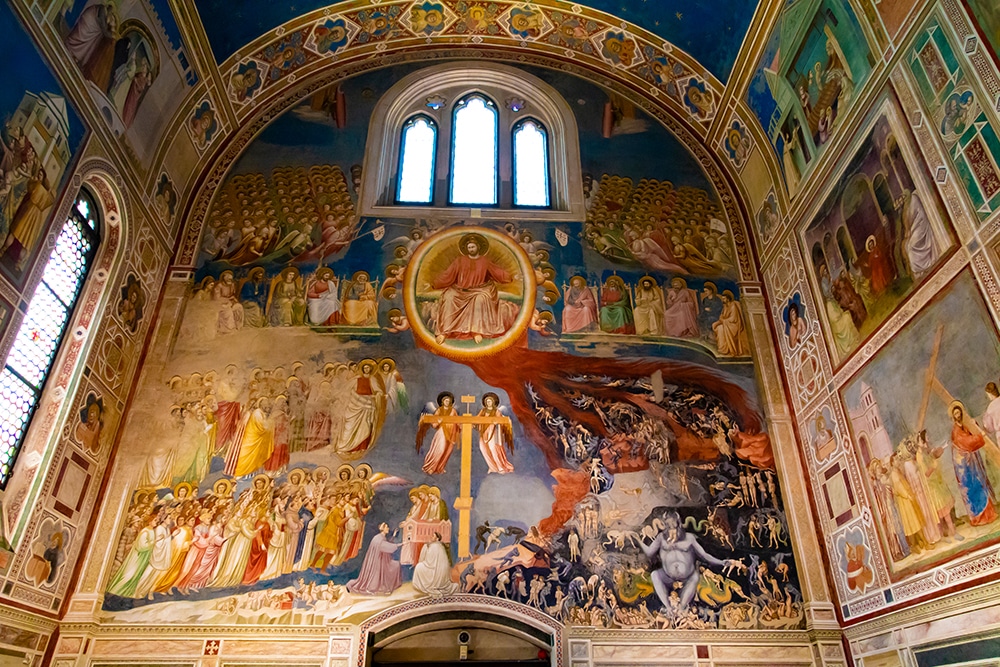Question: Recently, my sister and I had a mutual friend who died, and there was no funeral. My sister told me not to fret and that Buddha was also a god, so our friend is in the heaven where Buddhists are with their god. I don’t understand how a Catholic can think that there is more than one God and different heavens.
— Name, location withheld
Answer: Your sister’s argument violates the basic ontological argument and Christian understanding that God is that supreme being “than which none greater can be conceived.” And while this is drawn from Greek philosophy, it is at the heart of Christian philosophy and theology as well. Since God is supreme, and nothing and no one can even be conceived who is as great as he, then there can be only one God. Hence, the notion that Buddha is “also a god” violates the meaning of the word “God” as used by the Church. There cannot be another like him or equal to him. He is supreme, peerless, matchless. There cannot be two “gods” who are both supreme; one or the other contender is supreme, and the other is subordinate and therefore not “God.” Hence, you rightly question this.
It seems that two fundamental problems loom largest in the assertion of many that there are or can be many gods.
Two fundamental flaws
First, we are living in a kind of post-rational world where knowledge of basic philosophical principles is lost on most people. As this case shows, even the principle of noncontradiction is lost on many people. The assertion that there can be two or more supreme beings is a logical fallacy and contradictory. The principle of noncontradiction states that contradictory propositions cannot both be true in the same sense at the same time; they are mutually exclusive. For example, if an animal is a cat, the same animal cannot be something other than a cat (for example a dog or a door or a sledge hammer). Hence, to use the example before us: If God is the one supreme being, then Buddha (or any other thing or person) cannot be the supreme being. The notions are mutually exclusive. There simply cannot be two supreme beings. But the contradiction seems lost on many people. Sadly, today many hold the notion that there can be any number of claimants to the title of the supreme being we call God. Among Christians (as your sister is), such a position is untenable since it is a logical contradiction.
Another fundamental flaw of our time is that words that once had clear meanings are being redefined or warped to the degree that it becomes difficult to understand what another person means as they speak. Conversations with any depth are hard to have when we cannot even agree on what is meant by terms like “God” or “woman” or “marriage” and so forth. The premise that words mean one thing rather than another is dying fast in this world of suffocating subjectivism and idiosyncrasies that insist on redefining basic words and concepts. If God is not the supreme being beyond which no other can be imagined, then what or who is God? The answer, it seems, is “God is whomever or whatever I say he (she or it) is.” We used to call making or imagining your own designer god “idolatry.” But all this is lost in our time of living apart from language and logic. Instead we are dwelling increasingly in a world of radical subjectivism where a large number of people claim the right to create their own reality in ever more sweeping ways.
If your sister is Catholic, she ought to consider how her language and logic are foreign to Christian philosophy and theology and is in error. You might consider asking her to define what she means by the word “God.”
Neither can there be different heavens, since the heart of heaven is to be with the one, true God. If your mutual friend is in heaven, it must be the only heaven there is with the only God there is. There is no time to explain fully how non-Christians can attain heaven except to remember that God will judge us based on what we could reasonably know. If anyone attains heaven, it is only on account of the saving mercy and passion of Jesus Christ. Even people who did not understand that here do understand it as heaven and, having been purified of error and sin, are praising the one, true God and our savior, Jesus Christ.





